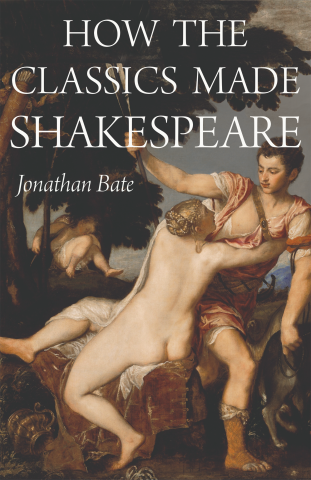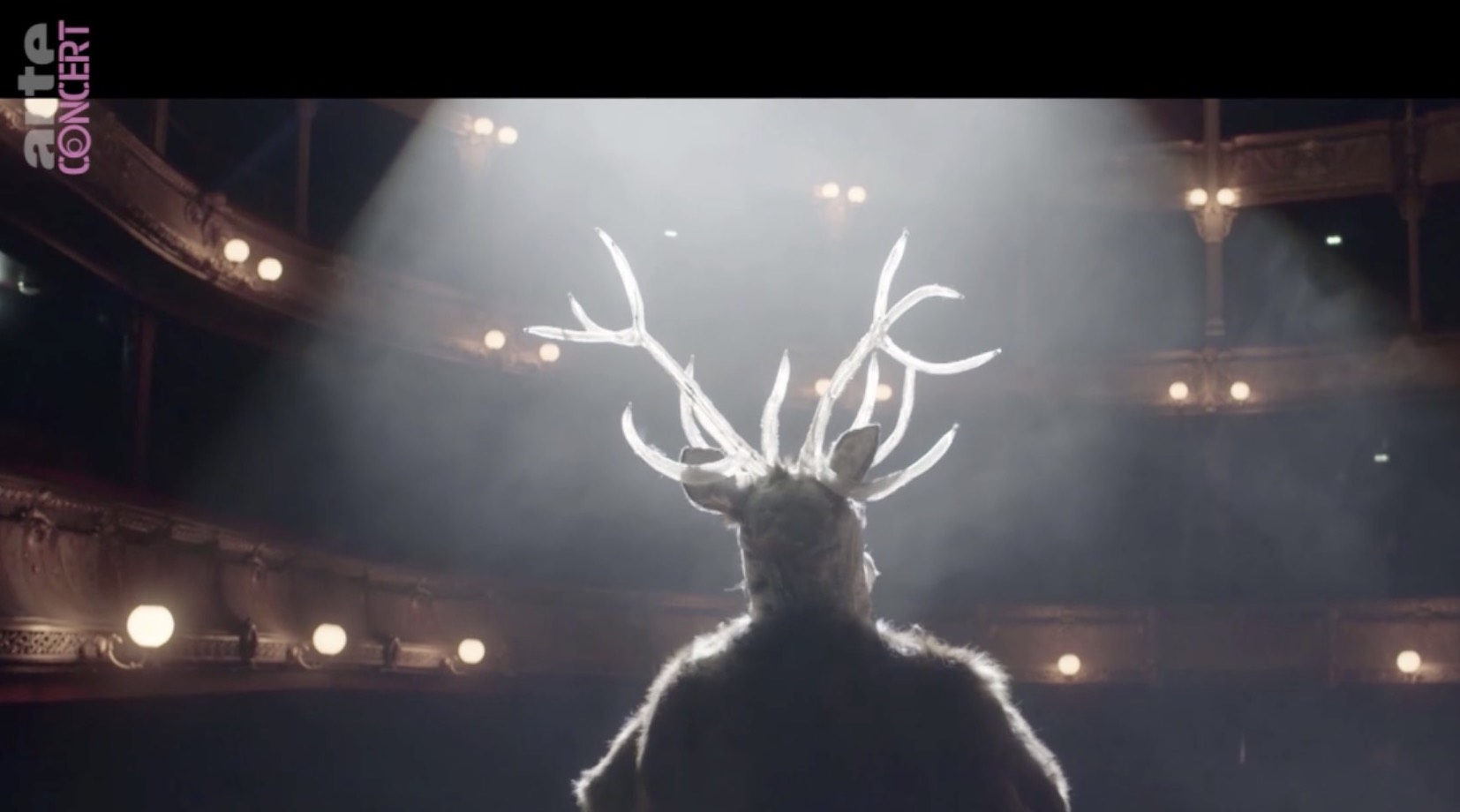Welcome
“Yves Peyré’s A Dictionary of Shakespeare’s Classical Mythology
is an invaluable reference resource”
— Jonathan Bate, How the Classics Made Shakespeare (2019)
This website is an ongoing research project on the ways in which Shakespeare and his contemporaries engaged with classical mythology, a fascinating and fruitful area of investigation at all levels, with ongoing work around the world. It offers access to three major, related resources—all in open access—centred on Shakespeare, early modern English mythological texts and classical mythology:
• A Dictionary of Shakespeare’s Classical Mythology
• Early English Mythological Texts Series (EEMTS)
• Studies in Early Modern Mythology (SEMM)
These are completed by an extensive, regularly updated General Bibliography of primary and secondary sources and news about recent publications and events. The website was selected Website of the Week (WoW) #157 (4 August 2014) by the Facebook page of MLA International Bibliography.
• A Dictionary of Shakespeare’s Classical Mythology
Entries on mythological figures referenced in Shakespeare’s works are organised around the following sections: a brief description of the myth, classical sources, secondary sources (which include medieval and early modern dictionaries, mythographies and translations of the classics), occurrences in Shakespeare, contemporary occurrences, an analysis of the myth in Shakespeare, relevant bibliography.
• Early English Mythological Texts Series (EEMTS)
This ongoing editorial venture provides online, searchable, modern spelling editions of a series of early modern English mythological texts, some of which have never been edited or are not readily available. One may already access the first-ever unabridged, annotated, modern-spelling edition of Thomas Heywood’s Troia Britanica (1609).
• Studies in Early Modern Mythology (SEMM)
This online collection essays aims to provide a series of critical essays (peer-reviewed) and reviews of recent publications about literary uses of classical mythology in early modern Europe.
Submissions for articles or reviews, and any enquiries, should be addressed to contact@shakmyth.org
Books for reviewing are welcome. They should be sent to the following address.
Browsing
Browsing will yield up a wealth of information from the Dictionary, the edited texts, articles and reviews. The way early modern works quote, conjure up, parody, blend references to classical mythology is inexhaustible. Some myths are well-known, others less so. Some are recurrent, others barely discernible.
So we suggest try search, simply browse, or turn to How to use and cite.
We welcome all feedback, so do not hesitate to contact us with suggestions.
Michael Hattaway, Emeritus Professor of English Literature, University of Sheffield. More here
Raphael Lyne, Reader in English Literature, Murray Edwards College, Cambridge. More here
Charles Martindale, Emeritus Professor of Latin, University of Bristol. More here
Susan Wofford, Dean of the Gallatin School, and Professor of English, New York University. More here
General Editor:
Yves Peyré (IRCL, CNRS - Université Paul Valéry Montpellier)
Editorial Board:
Sarah Annes Brown (Anglia Ruskin University), Charlotte Coffin (Université Paris-Est Créteil Val de Marne), Tania Demetriou (University of Cambridge), Jean-Christophe Mayer (IRCL, CNRS), Yves Peyré (IRCL, CNRS - Université Paul Valéry Montpellier), Tanya Pollard (Brooklyn College, City University of New York), Janice Valls-Russell (IRCL, CNRS).
Project Coordinator:
Janice Valls-Russell (IRCL, CNRS)
Contributors:
See their profiles: Contributors
This is an ongoing project of the Institute for Research on the Renaissance, the Neo-classical Age and the Enlightenment (IRCL), funded by France’s National Centre for Scientific Research (CNRS) and Université Paul Valéry Montpellier.
Recent additions to this website
Thomas Heywood:
Troia Britanica (1609). The first unabridged, annotated, modern-spelling edition.
<< read more >>





